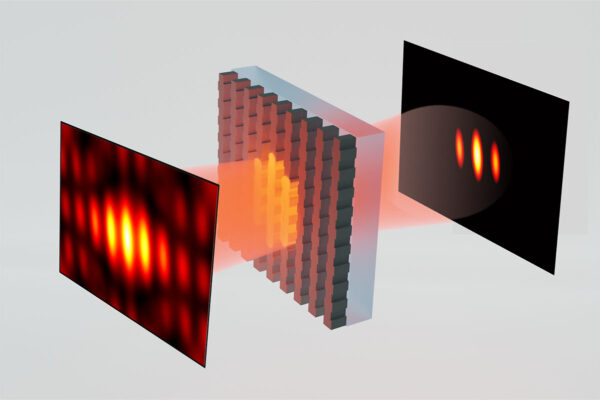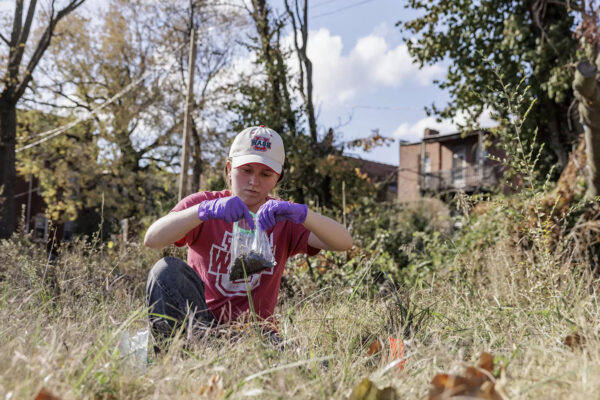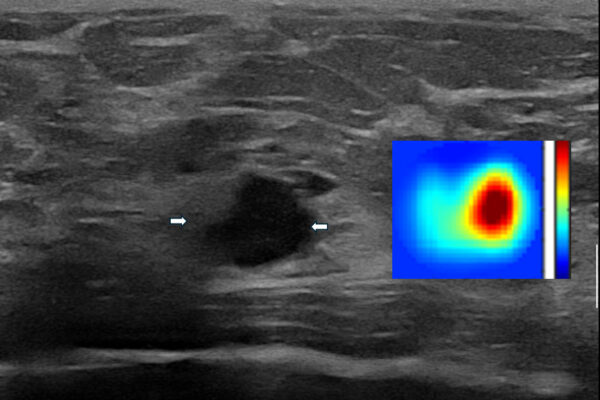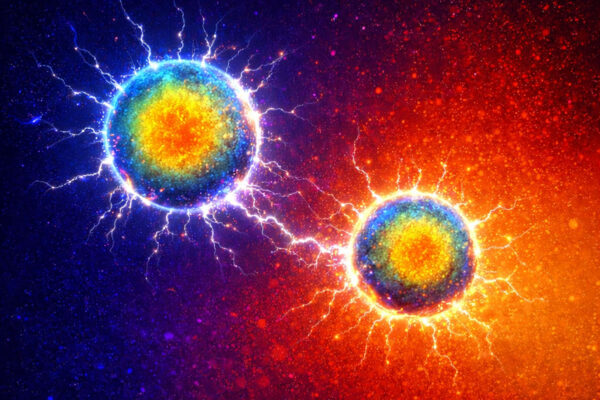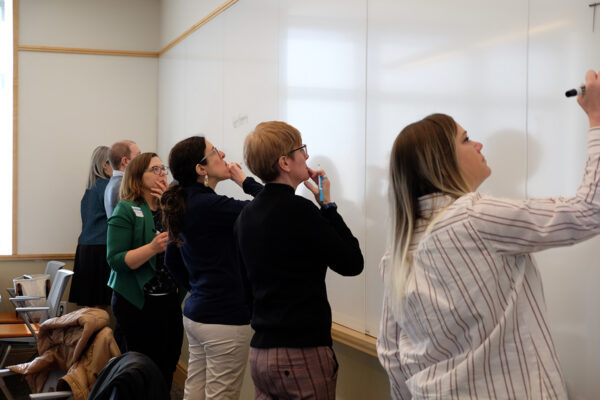Light gives boost to image processing, optical systems
Researchers at Washington University in St. Louis have found a way to use light to boost the efficiency of image processing and optical neural networks.
Making hydrogen fuel cells ‘less precious’
WashU engineers are working to bring stability to iron components instead of using more expensive precious metals in fuel-cell technologies.
Reinforcement learning for arbitrarily large systems is possible
Researchers at Washington University in St. Louis are developing mathematically rigorous and computationally efficient techniques to transform extremely complex reinforcement learning problems into a manageable domain.
WashU faculty, students search for hidden hazard in tornado’s path
Researchers at Washington University in St. Louis are testing for elevated lead levels potentially kicked up in the destructive path of the 2025 tornado.
Imaging technique can reduce benign breast biopsies by 25%
Ultrasound-guided diffuse optical tomography reduces breast biopsies by 25% in a new study from researchers at Washington University in St. Louis.
Tapping the engines of cellular electrochemistry and forces of evolution
Biomedical engineers at Washington University in St. Louis have outlined how properties of biological condensates may serve as engines to power electrochemical reactions at a microscale.
STEM Exchange to boost learning, support faculty
As part of WashU’s ongoing work to transform undergraduate STEM education and support low-income and first-generation STEM students, the Office of the Provost is launching the WashU STEM Exchange, a new community where STEM educators, advisers and researchers can share strategies and interventions and track outcomes.
WashU named Focused Ultrasound Center of Excellence
Washington University in St. Louis has been recognized as a Focused Ultrasound Center of Excellence by the Focused Ultrasound Foundation.
Exploring metabolic noise opens new paths to better biomanufacturing
Researchers at Washington University in St. Louis have determined the source of metabolic noise and harnessed it to benefit bioproduction in microbes.
Model developed in Zhang lab recognized by Mozilla
Mozilla AI recently highlighted the PIGuard model developed in the lab of Ning Zhang, a computer scientist at Washington University in St. Louis. The model was among the best at protecting LLMs from prompt injection attacks.
View More Stories
